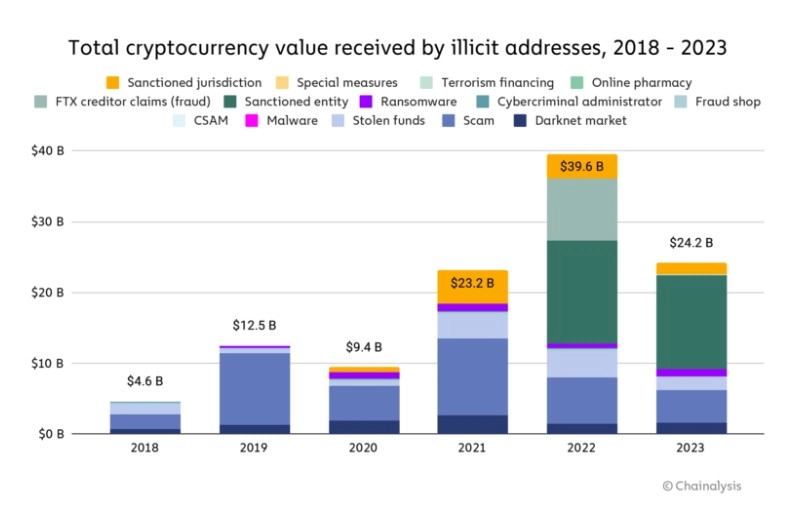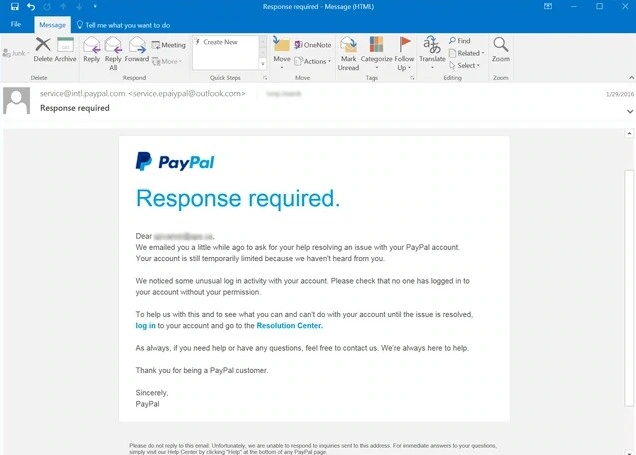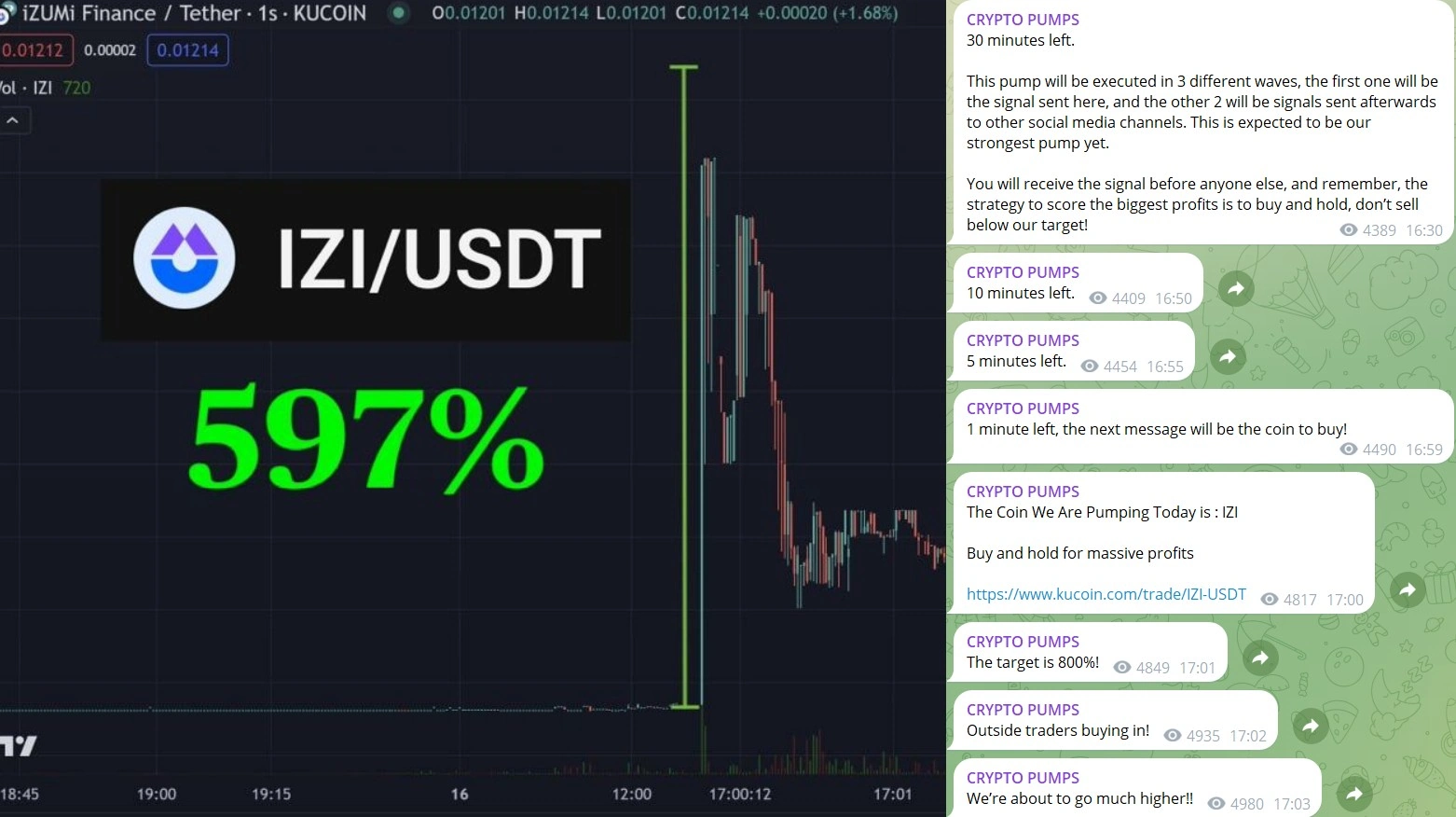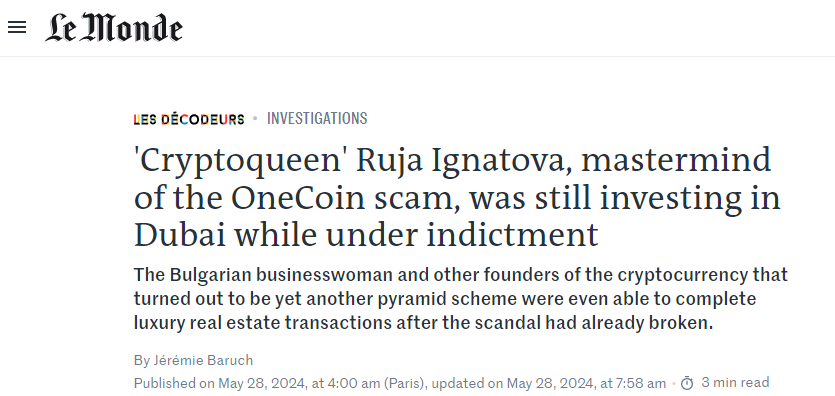Scammers are inventive and always come up with new schemes to earn money through deceit.
Ponzi schemes are a classic type of scam where organizers promise investors high returns from new projects, often without clearly explaining the sources of profit or the stability of the business model. Profits for new participants usually come from funds contributed by subsequent investors rather than from genuine investment activities or trading. This creates an illusion of successful growth and profitability. However, in reality, the system remains viable only as long as it continues to attract enough new participants.
ICO scams ICO scams involve the fraudulent issuance of new coins through Initial Coin Offerings. Organizers of these projects raise funds from investors under various pretenses, such as revolutionary products or technologies, but they have no intention of fulfilling the promised project.
Cloud mining. While cloud mining itself is a legitimate activity, scammers exploit it for their schemes. These scams typically require an upfront payment in exchange for mining power and subsequent rewards from the mined coins. In reality, these fake projects do not possess the claimed hashing power and fail to deliver the promised payouts after receiving the initial payment.
Fake job offers. Job scams involve fraudsters, often pretending to be recruiters, who create fake job postings. A distinguishing feature of these “jobs” is the requirement to make a payment in cryptocurrency to start working.
Trading through API. API trading scams in cryptocurrency involve fraudsters tricking users into giving them access to their API keys. These keys allow the scammers to programmatically manage trading accounts on cryptocurrency exchanges and sometimes even withdraw funds if the API keys have the necessary permissions.
Pretexting. Scammers create convincing stories or scenarios to trick victims into providing confidential information, such as during a security check or account update.
Quizzing. Seemingly harmless questions (“What’s your mother’s maiden name?“) are asked to gather information that can be used to hack accounts.
Pressure tactics. Scammers often create a sense of urgency or rush to push the victim into making hasty decisions without proper consideration.






















